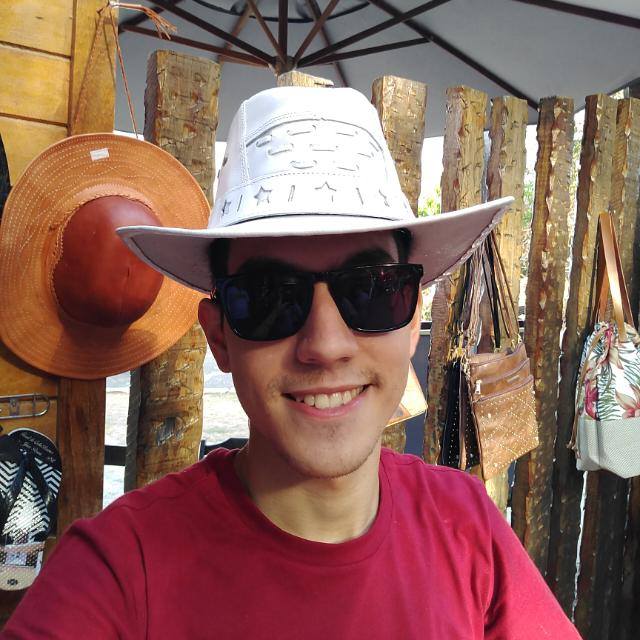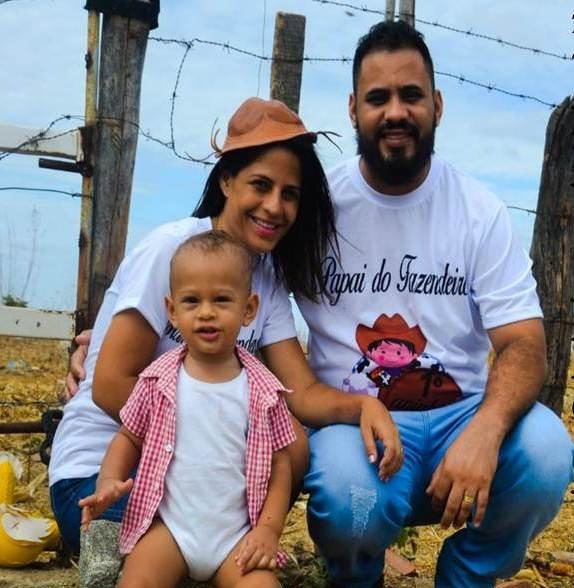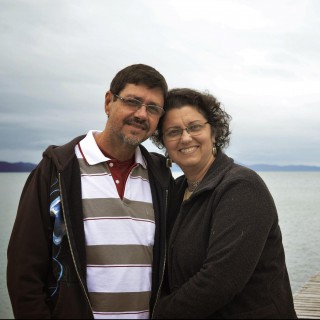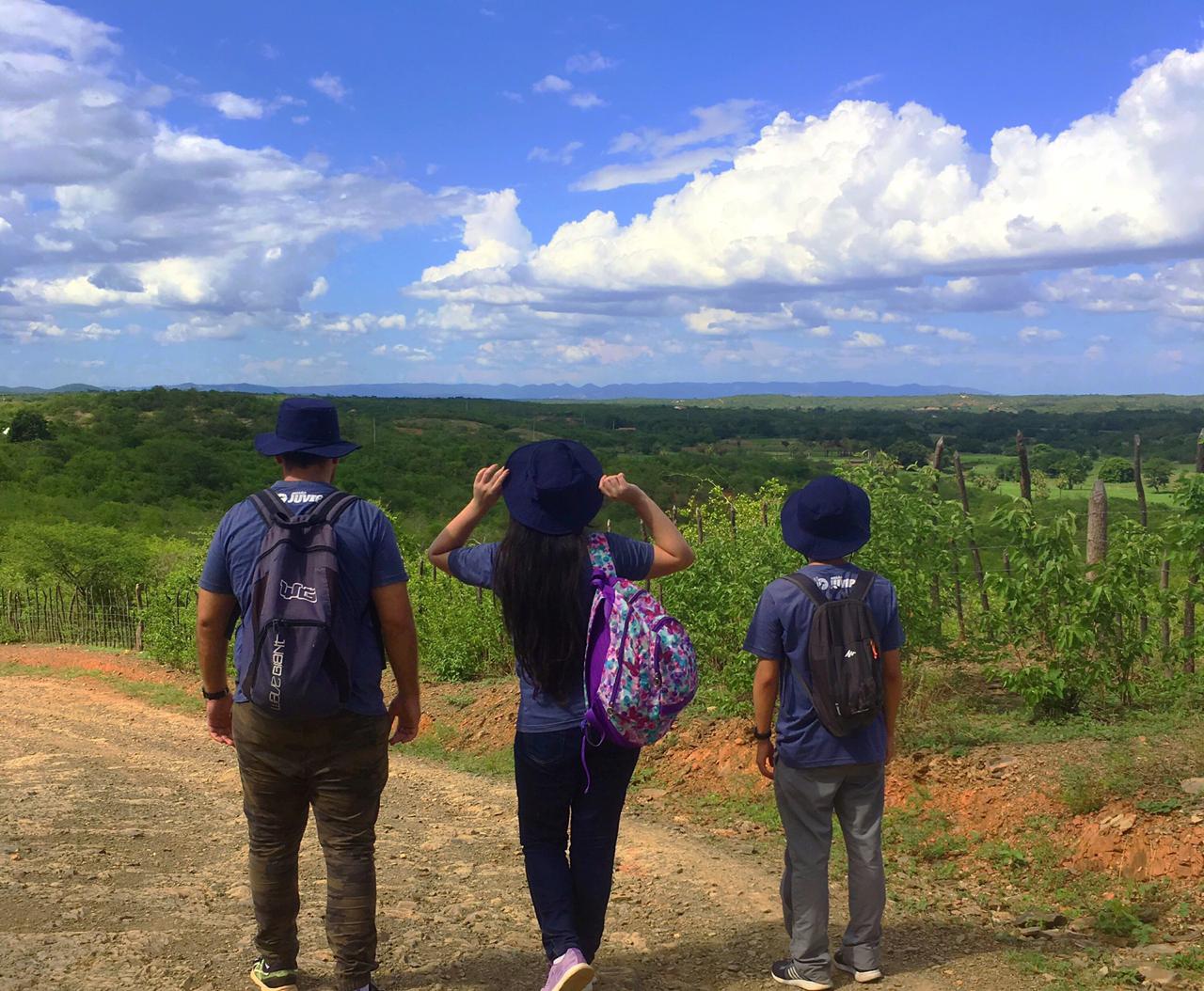Mission Preparation
"to go, or not to go"

So, what about mission preparation? Christians are often first attracted to missions work when the church shares stories of missionaries doing their work. Many of these stories can be exotic or exciting, especially foreign missions. Others stories can tap into Christian’s love for their neighbors when missions are closer to home. We all have a responsibility to share the gospel and share Christ’s love. Not all are called to go. But, we are all called – to encourage and support the spread of the gospel.
After the first sparks of interest, the next step in mission preparation for many is participating in a short-term mission trip. Harvest100Fold will coordinate your short-term missions team trip. You might participate with Mission JUVEP in Brazil for their “Projeto Missionario de Ferias.” This is a mission project undertaken during the major school breaks (July and January). Approximate 100 missionaries go to a small city in the Brazilian Sertão for three weeks dedicated to sharing the good news of Jesus with the residents of the town. Americans can participate, especially in support roles. Contact us for details.
Mission Preparation - Real Missions Work
After the first taste of missions work in the field, some Christians are called to a more serious commitment. Now is the time to look into serious training. JUVEP has multiple training facilities for aspiring missionaries. For those needing the basic theological training, there is a seminary. People ready for more focused missions training can attend the Center for the Preparation of Missionaries (CPM). Graduates of JUVEP programs can be found around the world, with the strongest presence in Portuguese speaking countries. Program participants engage in various missions projects during their training.
Options to be a Missionary

Short Term Projects
Project Missionary provides outreach to selected less-evangelized communities in the Brazilian Sertao. People from all over Brazil come to the JUVEP Base camp for a few days of training and missionary work. The total program is three weeks.

Long-Term Missions
The "Radical" Sertão programs involve a commitment to remain in the field for one to two years. These are often the most difficult communities with the most difficult cultural differences. Godly servants!

Permanent Commitment
Many missionaries make a permanent commitment to the chosen mission field. This work can be extremely challenging because the missionary family does a complete break from known culture and familiar surroundings.
Mission Preparation - Short Term Missions
Several times per year, JUVEP leads mission teams deep into the Sertão to reach seldom-touched people. In January of 2019, about 130 Godly volunteers convened at the JUVEP “Base Camp” for a few days of training, worship and team building. Some volunteers are veterans, having experienced God’s work in the Sertao on prior occasions. Others are testing the waters for the first time. This is a great first step in missions preparation.
The training for these “citizen missionaries” takes about three days. Much of the time is spent in worship and prayer, as it is God that will bring a harvest. But, each volunteer learns more about the Sertão and the people living there. They learn the basics of evangelism. They learn the rules of conduct. Training and learning continue during the entire three week period as the volunteer missionaries learn how God can work to bring in new believers. Many short-term missionaries go home forever changed in their relationship with God.
Of course, a lot of preparation goes into a successful Project Missionary. For example, JUVEP does not go to meet a quota and then leave. While JUVEP is not a church, it works closely with major evangelical denominations to support a new church plant. JUVEP plants seeds to grow and prosper, not to wither and fade away. “Some a hundredfold, some sixty and some thirty.” (Mt. 13.8)
Options for Americans!
Special Reports from the Short-term Mission Field
Ibson Rocha Trip Report
Click to read a report on Ibson's personal experiences on Project Missionary #70 to Olho d'Agua, Paraiba, Brazil
Larissa Lorrayne Trip Report
Click to read a report on Larissa's personal experiences on Project Missionary #70 to Olho d'Agua, Paraiba
Long-Term Missions (1-2 years)
After a Project Missionary, a new church has been planted. But, the new converts are immature and need much help. Sometimes, JUVEP will undertake a long-term mission (generally one year) to provide a team (typically a family) to remain and continue evangelism and supporting the new church.
Other Godly people choose to make a serious commitment to the Quilombolos, Ciganos or indigenous people. This is Radical Sertão in the form of Radical Quilombolo, Radical Cigano or Radical Indigenous.
Finding workers who wish to remain and serve the people of the Sertão is hard. In response, long-term mission preparation is not just a short-term undertaking. Godly volunteers who are willing to commit a year or more to the people of the Sertão can participate in the programs of the Center for the Preparation of Missionaries (CPM) or in one of the three JUVEP seminaries. These training programs are all focused on the special challenges of the people in the Sertão.
Permanent Missions
Many Godly people feel called to provide a lifetime of support to the mission field. Some are called to be evangelists, some pastors and some teachers. Whatever their calling, significant preparation is needed. Often, this means a seminary education. JUVEP focuses on cross-cultural missions. Evangelism is hard work and successfully dealing with a different culture can daunting. Clearly, it’s not just the work, but successful cross-cultural missions can involve living in “foreign” places. The language, dress, customs, food, family relationships and ideas about God can all be different. This makes it hard to adapt. Not everyone can do it. These are special people called by God for special work.
JUVEP’s three seminaries deal explicitly with these challenges. Two of the seminaries are in the Sertão and one is located with JUVEP Base Camp in Cabadelo, Paraiba. The main seminary is like the seminaries that exist in the United States, with rigorous academic work and solid theological training. But, the seminaries in the Sertão are different.
One of the great challenges of serving in the Sertão is the tough life. People with a “big city” seminary degree are seldom satisfied serving a small church in a poor depressed area. This means they can “serve the Lord” in the big city and use their fancy degree. Unfortunately, this does not solve the problem in the Sertão.
The two Sertão seminaries are designed to be very low cost and embrace a student who may not qualify for the “big city” seminary. These graduates will stay in the Sertão and serve the people there. Clearly, if every new pastor needed a PhD, we would have a crisis. In the Sertão, the standard is lower, but the requirement is Godly servants trained in the essentials.

Click to Learn about Missionaries
Missionaries need your prayers and financial support to continue doing the work God gave them. Not every should go, but everyone should help. This page shows a wide variety of people involved in various types of mission's work. Please click to learn more.